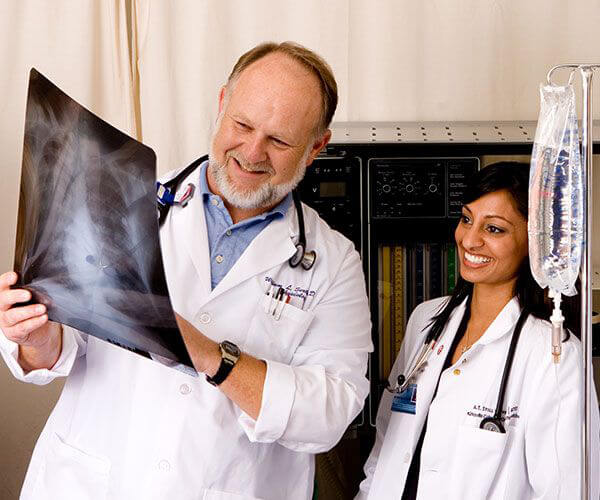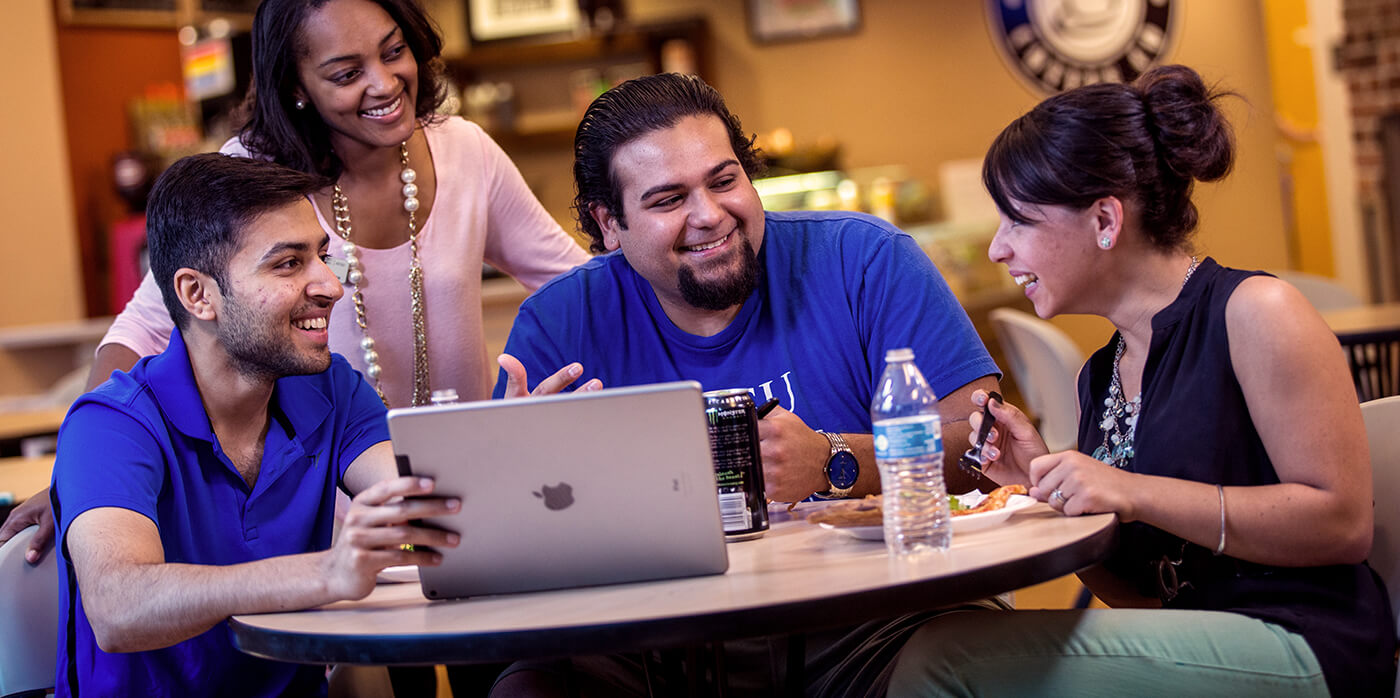Students on clinical rotations are expected to abide by the following policies and procedures. To see the policies and procedure in their entirety, clarify any aspect of the summaries provided herein, or inquire about other policies, please consult the Regional Assistant Dean/DSME.
Attendance and Hours of Duty
[See also Excused Absence]
Clinical duties: The student is responsible to the assigned preceptor and the Regional Assistant Dean/Director of Student Medical Education during clinical duty hours. S/he is expected to comply with the general rules and regulations established by the preceptor, regional hospital(s) and any other individuals or facilities associated with the rotation. The average student clinical day begins at 7:00 a.m. and ends at 7:00 p.m. However, the student is required to keep the hours expected by the preceptor. If house call is required, the student should not be on duty for greater than thirty (30) continuous hours. Students may be required to work weekends but should have two weekends per month free.
Difficult Student Problems and Issues
If a preceptor suspects/identifies problems with a student’s progress or performance they should contact the Regional Assistant Dean/Director of Student Medical Education. Examples of such problems may include, but are not limited to:
- Poor interpersonal skills (i.e. personality problems, etc.)
- Deficient clinical skills
- Below average academic performance
- Unexcused absenteeism
- Medical or psychological illness
- Suspected substance abuse (alcohol and other drugs)
- Suspected illegal behavior
- Suspected physical, sexual, or emotional abuse
Excused Absence Policy
Students may request excused absence for personal, emergency, compassionate, professional, or health-related reasons. Excused absences will not be retroactively approved; except in verifiable emergency situations. Such requests for approval should be submitted in writing within 24 hours of the absence. Absences are generally for a short duration of one or two days. Student should seek excused absences from their Regional Assistant Dean/Director of Student Medical Education in years 3 & 4 who will report to to the Associate Dean for Clinical Affairs.
History and Physicals
In addition to other activities required on a rotation, students may be asked to perform history and physicals (H&P’s), either in a regional hospital site or at some other location assigned by the preceptor or rotation coordinator (e.g. physician’s office, nursing home). The preceptor, house officer, or attending must review, comment, and sign all H&P’s performed by the student doctor. It is the student’s responsibility to request and receive feedback from supervising physicians about history taking and physical examination skills so that performance of H&P’s becomes a beneficial learning experience.
Liability and Health Insurance
Student doctors currently enrolled as full-time students in good academic standing at KCOM and who are expected to graduate with the degree Doctor of Osteopathic Medicine, are covered by the professional liability coverage provided by the University.
The College provides professional liability coverage for its student doctors while on approved clinical rotations. Contact the Rotation Site Coordinator for a copy of our insurance coverage face sheet.
Student doctors will be subject to the facility’s rules and regulations and the facility will have the right to terminate any student doctor whose health or performance is detrimental to patient well-being. The facility will retain full responsibility for its patients and will maintain administrative and professional supervision of the student doctor at the facility in regard to the operation of the facility and the direct and indirect care of patients.
Students are responsible for their own personal health insurance coverage.
Medical Records and Charting
The responsibility given to students for medical records varies among the hospitals and clinics. Some sites allow students to write full progress notes and orders directly into the patient’s chart. When this is allowed, notes must be immediately co-signed by the supervising physician. Some other hospitals/clinics have separate pages in charts set aside for “Student Progress Notes.” These should also be reviewed and co-signed by the attending physician. Notes are usually written in the SOAP format. If dictation is allowed by students at a particular hospital or facility, the resulting notes must also be reviewed and approved by the attending. The student is responsible for obtaining charting instructions from the preceptor, facility, or rotation site coordinator.
NOTE: The student is responsible for knowing proper procedure and must sign and date all entries on the medical record by name and educational status (e.g. John Doe, OMSIII).
Missing Rotation Evaluations
It is the student’s responsibility for ensuring that all clinical evaluation forms are turned into the Regional Office, if possible, on the last day of the rotation. The regional staff may assist the student in this process if a preceptor is negligent in his/her responsibility. It is the student’s duty to expediently inform the Regional Office of any difficulty in obtaining an evaluation.
Regional Assistant Dean/DSME Role
The Regional Assistant Dean/DMSE or regional site coordinator has the authority to evaluate, establish, and arrange for clinical rotations at hospitals/clinics within the region that are felt to be high quality. This responsibility includes decisions relative to rotation schedules, preceptors, services, etc.
The Regional Assistant Dean/DSME, or regional site coordinator, may require attendance at scheduled conferences, may grant leave of up to three personal days per academic year, and assign additional requirements, such as written papers, attendance at special events, presentation at rounds, etc. The Regional Assistant Dean/DSME has the authority and responsibility to enforce the academic procedure of the University in the region.
In the event that the Regional Assistant Dean/DSME determines that a student may constitute a threat to the welfare of himself/herself, fellow students, staff, or patients, s/he may suspend the student or place the student on leave.
Student Professional Conduct
KCOM students are expected to dress and conduct themselves in a professional and ethical manner at all times while on rotations. High professional standards are expected to be consistent with those of the osteopathic medical profession. The student on rotations is working in both the academic community and the health care team—honesty, integrity, and patient confidentiality are expected in all situations. In addition, compliance with institutional rules and regulations, and city, state, and federal law is required.
Supervision of Students
A student on clinical rotations must be supervised throughout all patient care situations. Supervision involves a responsible licensed healthcare professional:
- being physically located in the facility where patient care is rendered,
- granting authorization of services provided by the student doctor;
- examining patients seen by the student doctor,
- witnessing procedures performed by the student doctor, and
- documenting the patient’s medical record appropriately.
Students on clinical rotations are expected to abide by the above policies and procedures. To see a policy in its entirety, clarify any aspect of the summaries provided herein, or inquire about another policy, please consult the Regional Assistant Dean/DSME.

